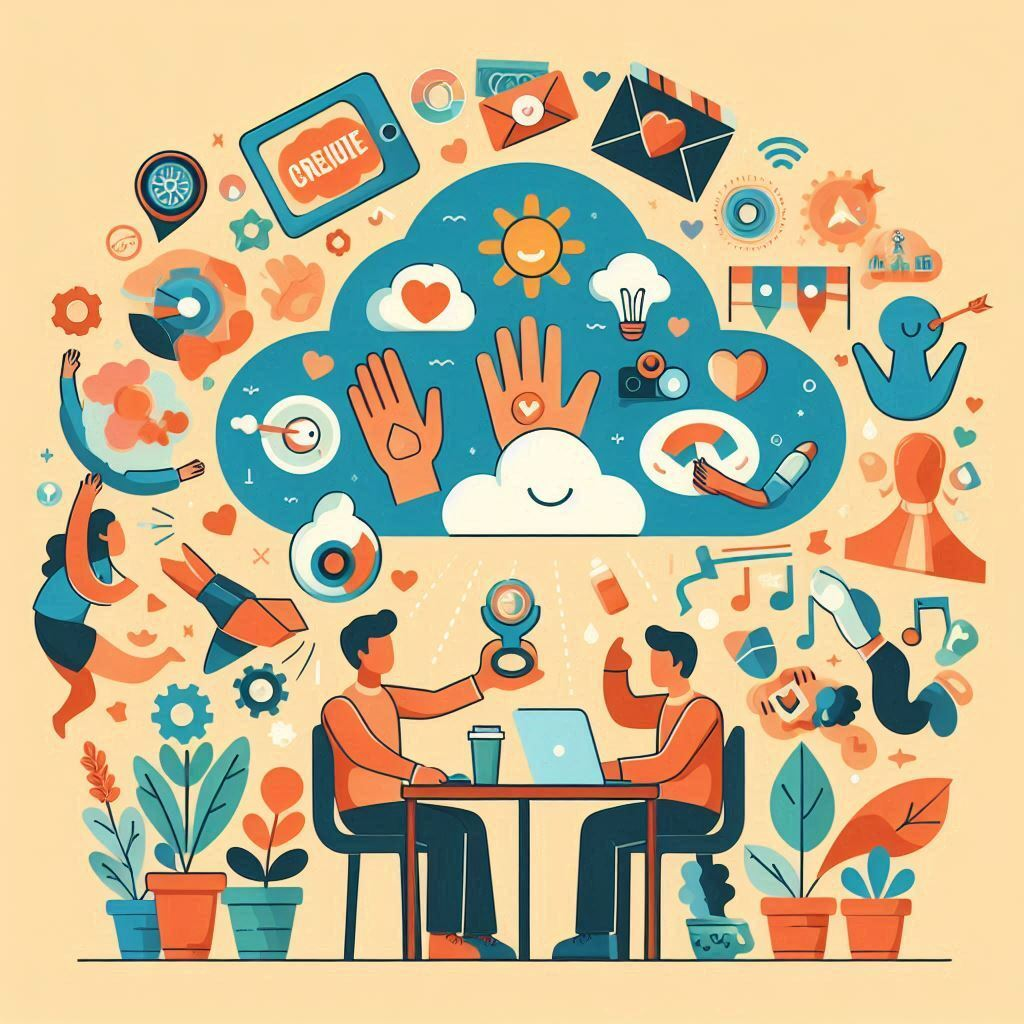
How to Balance Social Media and Real-life Connections: 6 Practical Steps
In today’s digital age, it’s easy to get caught up in the whirlwind of social media. While it offers incredible opportunities for connection and information, it can also become a major distraction from real-life interactions. Striking a healthy balance between your online and offline worlds is crucial for your well-being and genuine connections.
Here are 6 practical steps to help you navigate the digital landscape and maintain meaningful relationships in the real world:
1. Set Boundaries and Time Limits:
- Define your “Social Media Time”: Schedule specific times for browsing social media platforms. Avoid scrolling endlessly throughout the day. Consider using apps that limit your screen time or block distracting websites during work or study hours.
- Designate “Tech-Free Zones”: Create spaces in your home or life where technology is off-limits. This could be during meals, conversations with loved ones, or dedicated relaxation time.
- Turn off Notifications: Silence or disable notifications from social media apps to avoid constant interruptions.
2. Prioritize Real-Life Interactions:
- Schedule Regular Offline Activities: Make time for activities that involve face-to-face interaction. This could include meeting friends for coffee, joining a club, volunteering, or simply having a conversation with a loved one.
- Engage in Meaningful Conversations: When you’re with friends or family, put your phone away and focus on the present moment. Listen actively, ask questions, and engage in meaningful conversations.
- Be Present in Social Situations: Avoid constantly checking your phone or taking selfies during social gatherings. Be present in the moment and enjoy the company of others.
3. Curate Your Social Media Feed:
- Unfollow or Mute: Unfollow or mute accounts that make you feel negative, envious, or stressed. Focus on following accounts that inspire you, motivate you, or offer valuable information.
- Limit Comparison: Remember that social media often presents a curated version of reality. Avoid comparing your life to others’ highlight reels. Focus on your own journey and celebrate your accomplishments.
- Seek Inspiration and Support: Use social media to connect with people who share your interests, find support groups, or learn new skills.
4. Be Mindful of Your Online Presence:
- Think Before You Post: Before sharing anything online, consider the potential impact on your real-life relationships. Avoid posting anything that could be hurtful, embarrassing, or damaging to your reputation.
- Protect Your Privacy: Be mindful of the information you share online and adjust your privacy settings accordingly. Avoid oversharing personal details that could put you at risk.
- Limit Self-Promotion: While it’s important to share your accomplishments, avoid excessive self-promotion. Focus on connecting with others and building genuine relationships.
5. Practice Digital Detox:
- Take Breaks: Schedule regular “digital detox” periods where you disconnect from all devices. This could be for a few hours, a day, or even a weekend.
- Embrace Offline Activities: During your detox time, engage in activities that don’t involve technology, such as reading, spending time in nature, exercising, or pursuing hobbies.
- Reconnect with Yourself: Use this time to reflect on your priorities, reconnect with your inner self, and appreciate the simple things in life.
6. Seek Support and Accountability:
- Talk to Friends and Family: Share your concerns with trusted friends and family members. Ask for their support in helping you manage your social media use.
- Join Support Groups: Connect with others who are struggling with similar challenges. Support groups can provide valuable insights, advice, and accountability.
- Consider Professional Help: If you’re struggling to manage your social media use and it’s affecting your relationships or well-being, consider seeking professional help from a therapist or counselor.
Remember: The key to balancing social media and real-life connections is finding what works best for you. Experiment with different strategies, be patient with yourself, and prioritize your well-being. By creating healthy boundaries and making conscious choices, you can enjoy the benefits of social media without sacrificing the richness of real-life relationships.



